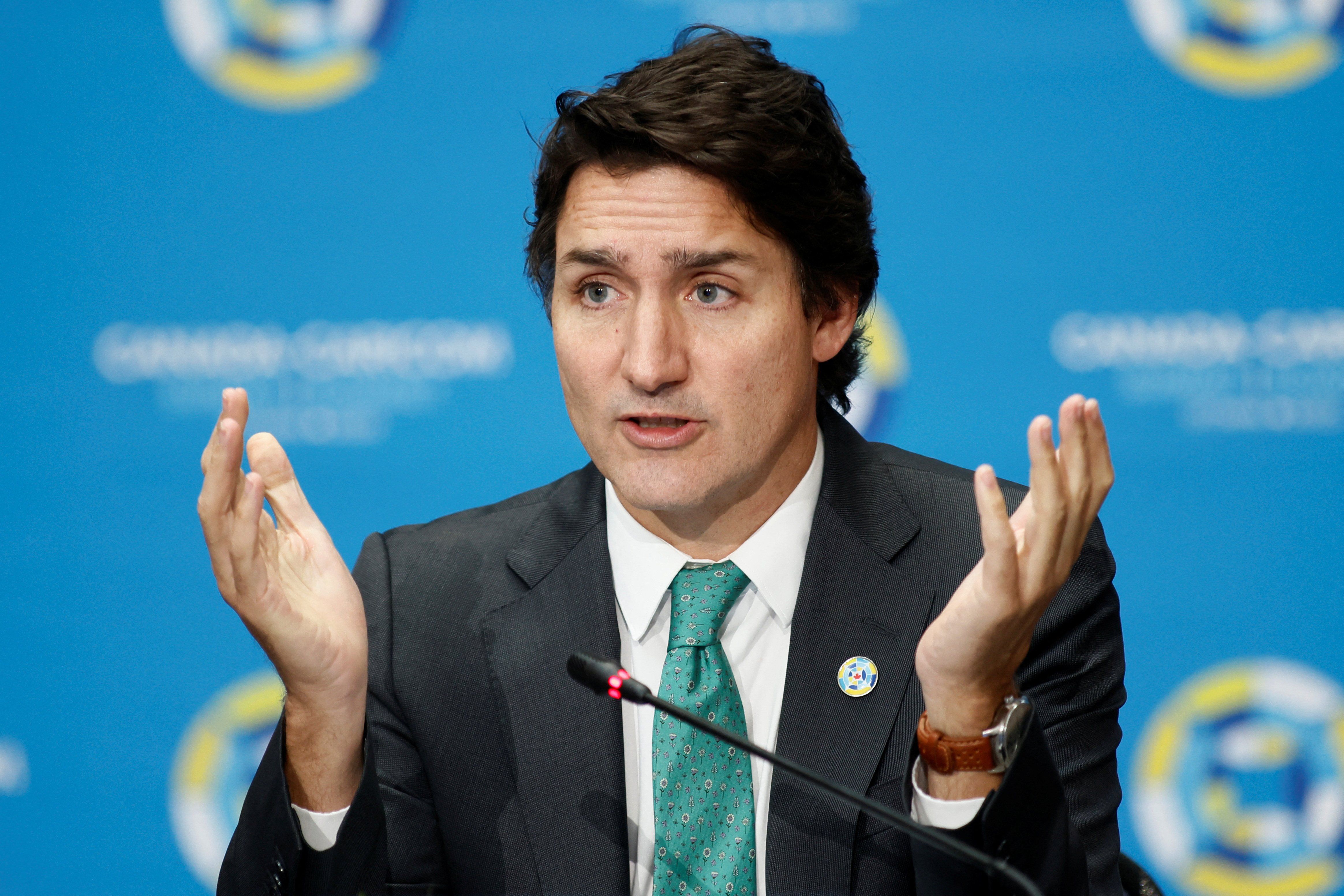October 19, 2023
A group representing Canadian news organizations has called on the federal government to make changes as requested by Google to a new law requiring the tech giant to make payments to news outlets.
The Trudeau government passed a law in June that will require tech platforms that carry links to Canadian news outlets to make payments to those organizations. It is part of an effort to save the news industry, which has failed to find revenue sources to make up for advertising lost to the social media titans.
Rather than paying up, Meta denounced the law and blocked Canadian news content from Facebook and Instagram, which has cratered web traffic for some outlets. Google kept negotiating, but after the government published proposed regulations, it asked for changes to the legislation that would establish a firm ceiling for payments, rather than a floor on financial liability, and allow Google to negotiate deals that provide for training or other benefits rather than financial payments.
Canadian outlets, struggling to deal with a loss of traffic from Meta, quickly backed Google’s proposed changes. This suggests that the government may be able to find a compromise with the internet search giant, which is presumably nervous about setting a precedent that could cost it money in other jurisdictions.
Last month, Trudeau said Canada would not back down from its plans, and that at the G20 summit in New Delhi, other leaders urged him to stand firm. “Countries around the world are actually … saying, 'Stand strong because this really matters. This is not an easy fight but it's the right fight to be in."
American lawmakers are watching to see how the struggle in Canada plays out.
Canada’s law was inspired by a similar measure in Australia, and in the United States, there is a bipartisan push to bring in a similar structure. A California law is to come up for a vote next year, and publishers are pushing for a national law that has been proposed by Democratic Sen. Amy Klobuchar and Republican Sen. John Kennedy.
More For You
In this episode of Tools and Weapons, Microsoft Vice Chair and President Brad Smith sits down with Ed Policy, President and CEO of the Green Bay Packers, to discuss how purpose-driven leadership and innovation are shaping the future of one of the world’s most iconic sports franchises. Ed shares how technology and community-focused initiatives, from Titletown Tech to health and safety innovations on the field, are transforming not just the game of football, but the economy and culture of Green Bay itself. He explains how combining strategic vision with investment in local startups is keeping talent in the Midwest and creating opportunities that extend far beyond Lambeau Field.
Subscribe and find new episodes monthly, wherever you listen to podcasts.
Most Popular
Egyptians head to the polls to elect a new parliament during the first round of the Egyptian parliamentary elections in Giza, Egypt, on November 10, 2025.
Photo by Islam Safwat/NurPhoto
Egyptians are voting this month in parliamentary elections that aren’t expected to change who’s in charge, but could allow President Abdel Fattah el-Sisi to rule beyond 2030.
An injured soldier is transferred to a hospital following a clash between Thai and Cambodian troops over a disputed border area in Sisaket Province,Thailand, December 7, 2025.
Royal Thai Army/Handout via REUTERS
Thailand and Cambodia’s ceasefire is on the verge of collapse. Strikes were launched across their disputed border today, following clashes over the weekend that resulted in the death of a Thai soldier.
© 2025 GZERO Media. All Rights Reserved | A Eurasia Group media company.
